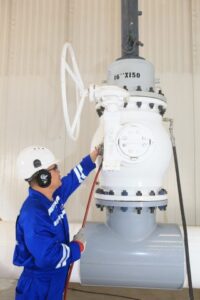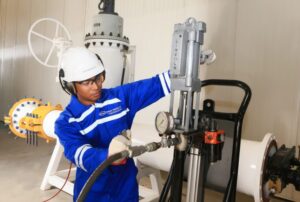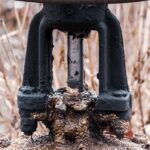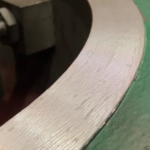Regular Maintenance of your Valves and its Benefits
Maintenance of valves in every infrastructure is essential to ensure the proper functioning of a pipeline system. It not only increases efficiency but also decreases the overhead variable costs for the replacement of equipment. This blog covers points on how regular valves maintenance can offer various benefits to businesses in the oil and gas industry.
Importance of Valves Maintenance: What kind of problems can occur due to negligence?
The dysfunction of control valves can cause a wide range of problems for the entire pipeline system. From operational interruption to loss of control, here are some of the problems that can arise due to negligence in performing regular valves maintenance.
- Hysteresis: It simply refers to the difference between the positions of the upstroke and downstroke of the valve as per the given signal. In terms of industry standards, 1-2% hysteresis is considered normal, but the problem can arise if it crosses this limit resulting in higher variance and slow control response to signaling. This can happen due to failure of actuators, damages to valve plugs or valve body, etc.
- Stiction: It blocks or jams the valves and hinders their ability to operate. This can happen due to tight shut-off, undersized actuators, or the viscosity of the material in the pipeline.
- Non-Linearity: In such conditions, the relation between flow and valve travel may become inconsistent failing to ensure precision and control.

Benefits of Regular Maintenance
Improving Precision & Control: Eliminating “Dead Time”
Precision and control are needed to operate valves without delays. The “Dead Time” refers to the scenario within what timeframe the signal instructs the valve to close, open or maintain adequate flow in the pipeline. The failure of maintenance may increase the chances of dead time resulting in loss of control over pipeline operations.
Preventive maintenance: repair or replace valves for longer life efficiency
The valves may stop performing or become dysfunctional due to wear and tear, corrosion, leakage or jamming. Regular maintenance and periodic check is required to replace or repair such valves ensuring peak performance of the pipelines. Failure to check faults may also decrease the life of valves.

Actively check on valves & perform regular maintenance
The failure to repair valves not only shortens the life but requires them to invest in new valves due to negligence in sorting faults at the right time. This can come as a very big cost to replace numerous valves on a larger scale. Asset owners can save money by eliminating the need to replace equipment by actively carrying out planned or preventive maintenance schedules to check for dysfunctional and faulty valves.
Regular maintenance ensures safe operations
In many cases, it becomes quite cumbersome to track the position or operational status of valves, sometimes resulting in leakages. This can give rise to various safety concerns and chemical hazards. It might also result in emissions which can negatively impact the environment due to leakages and faults. Regular maintenance can help organizations to keep track of such conditions of valves and replace/repair them accordingly.
Conclusion
As the failure of valves may significantly impact the efficiency of the pipeline system, it might also result in loss of control and increase the chances of failure. In terms of regular maintenance, the technicians and experts can flag various concerns by actively auditing and checking valves for faults. Wellube also offers on-line valve maintenance services with minimal downtime. We also provide Valve Greasing, Valve Sealing, Valve Insertion and Safety Relief Valve testing.
If you would like to know more, email us at enquiries@wellube.com





